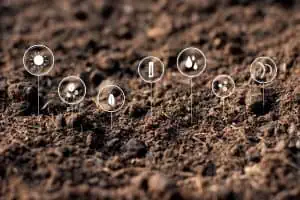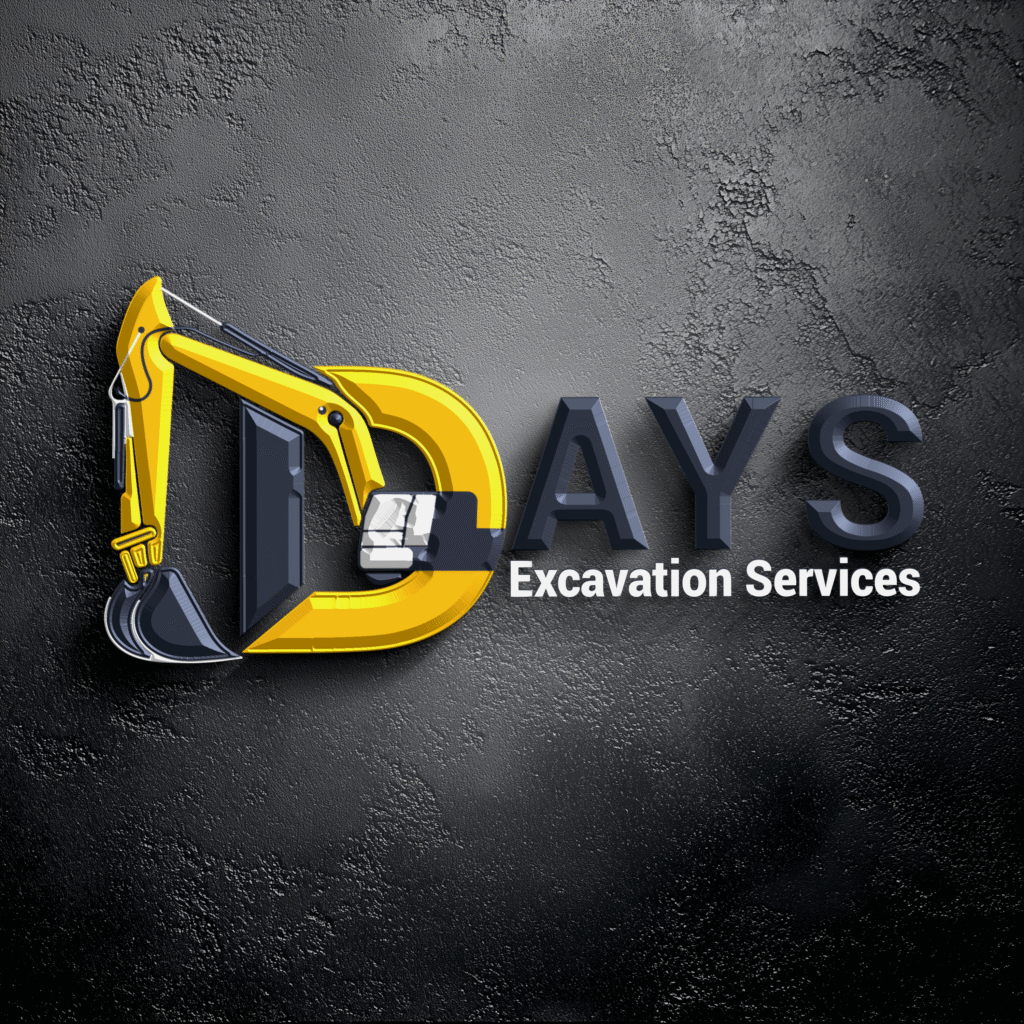Knowing the soil before starting any land development or construction project is essential. The natural beauty of Shenandoah and Warren Counties, Virginia, is matched by a wide variety of soils—each with its own strengths and challenges. Understanding the type of soil on your land can save you money, prevent future issues, and help you make smarter decisions about your project, no matter the purpose.
Why Soil Knowledge Matters
oil is more than just dirt—it’s a mix of minerals, organic matter, water, and structure that affects nearly every aspect of your land. The type of soil determines drainage, erosion potential, stability, and how well vegetation can grow.
In Shenandoah and Warren Counties, you’ll find valleys, hillsides, floodplains, and ridges—all with distinct soil profiles that influence land clearing, grading, and foundation work.
Knowing your soil type helps you choose the best approach for clearing, grading, and preparing your property for construction, agriculture, or conservation.
Shenandoah County Soil Overview
Nestled between the Allegheny and Blue Ridge Mountains, Shenandoah County features a landscape defined by the Shenandoah Valley. Its soil types vary greatly between the valleys and uplands, each presenting unique opportunities and challenges.
Dominant Soil Types in Shenandoah County
Frederick and Hagerstown Soils:
These deep, fertile soils are typically found on valley floors. They’re rich in nutrients and excellent for crops and pasture. However, their density can make excavation and grading more demanding.
Weikert and Berks Soils:
Found along ridges and hilltops, these shallow, poorly drained soils rest on shale and sandstone. Commonly found in forested areas, they’re prone to erosion and not ideal for construction due to their closeness to bedrock.
Monongahela and Atkins Soils:
Located in areas where water tends to collect, these soils often require additional drainage or stabilization before construction, especially near streams or low-lying zones.

Warren County Soil Characteristics
Just east of Shenandoah, Warren County’s terrain features rolling hills, mountain slopes, and valleys that are part of the northern Blue Ridge ecosystem. Though smaller, it shares many of the same soil-related challenges.
Common Soil Types in Warren County
Lodi and Edom Soils:
Well-drained and loamy, these upland soils are ideal for building homes. While they provide good support for foundations, steep slopes may still require erosion control measures.
Rock Outcrop–Weikert Complex:
Characterized by exposed rock and shallow depth, this soil type is common on steep or rugged terrain. Construction in these areas often requires specialized excavation or blasting.
Waterlogged or Alluvial Soils (Valley Floors):
Similar to Shenandoah’s lowlands, these areas can become easily saturated. Proper stormwater management and soil reinforcement are critical for safe, lasting development.
How Soil Affects Land Clearing and Excavation
Soil type directly impacts both cost and method of land preparation. For example:
-
Shallow or rocky soils require specialized equipment and more labor.
-
Loamy, well-drained soils are easier to clear and grade—ideal for both farming and building.
-
Floodplain soils need drainage systems and may restrict the type of structures that can be safely built.
Before starting any clearing, it’s important to assess your soil type. This step ensures efficiency, reduces unexpected costs, and creates a stable foundation for future construction.
Soil and Erosion Control Requirements
Both Shenandoah and Warren Counties have strict soil and sediment control regulations, especially in hilly or erosion-prone areas. Compliance is vital—not only to protect your land from washouts but also to avoid costly fines.
Large or complex projects typically require soil testing and erosion control plans before permits can be approved. Partnering with experienced local land clearing professionals ensures these requirements are met and your project moves forward smoothly.
Final Thoughts
Understanding your soil is more than a technical step—it’s a smart investment in your property’s success. By identifying the soil type early, you can plan safer, more efficient, and more cost-effective land development.
At LandClearingVA.com, we combine expert knowledge of Virginia’s soils with years of hands-on experience to guide your project from the ground up.
Contact us today to schedule a free soil evaluation and get the right land preparation services for your Shenandoah or Warren County property.
